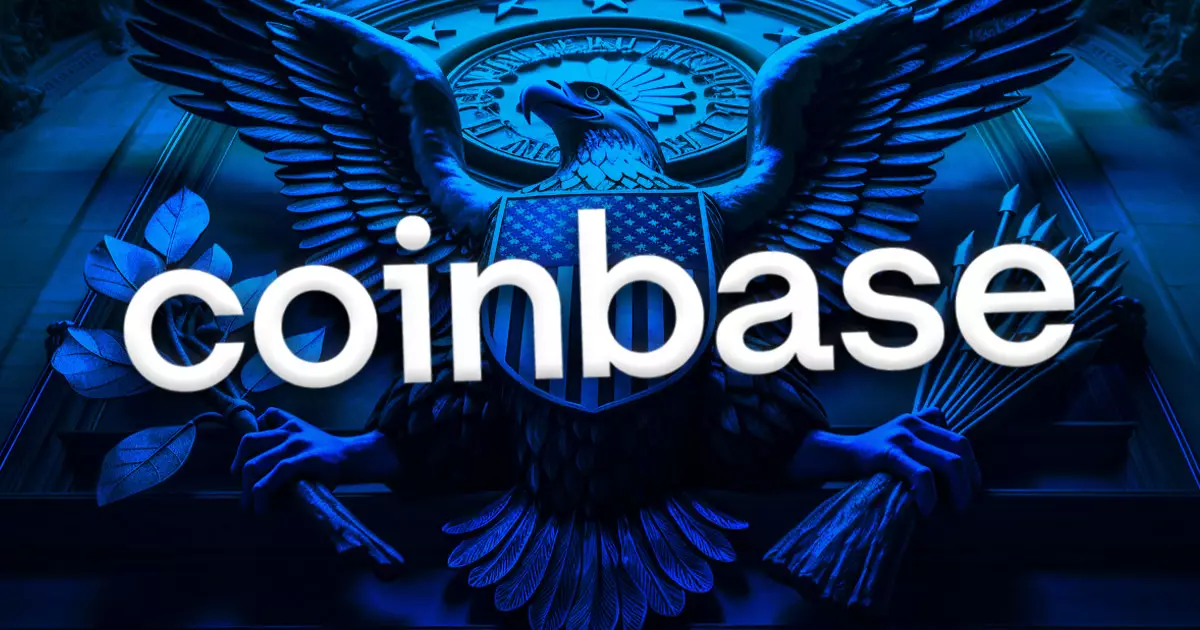Coinbase has accused the SEC of attempting to evade established legal tests by overlooking the question of whether digital asset transactions that do not entail any post-sale obligations can be considered investment contracts. In a recent motion filed with the US District Court for the Southern District of New York, the exchange argued that the SEC was avoiding the Howey test, a standard used to determine securities, in their ongoing legal dispute. This could have significant ramifications for the cryptocurrency market, as Coinbase maintains that this specific legal issue has not been definitively resolved at an appellate level.
The outcome of this legal battle could have far-reaching implications for the crypto industry, as it may set a precedent for how the SEC regulates digital asset transactions in the future. Coinbase’s success in challenging the SEC’s position could potentially result in the dismissal of a large portion of the regulatory body’s case against the exchange. This includes claims related to Coinbase’s platform and Prime services, which constitute a substantial part of the complaint. A favorable ruling for Coinbase could streamline the litigation process and reduce overall resource expenditure for both parties involved.
SEC’s Response
On the other hand, the SEC has opposed Coinbase’s motion for an interlocutory appeal, arguing that the court’s decision does not involve a crucial legal question and that there is no substantial basis for a difference of opinion. The regulatory body has pointed to previous legal precedents, including the SEC v. Ripple Labs, Inc. case, to support their stance that digital asset transactions without post-sale obligations do not meet the criteria for investment contracts under the Howey test. However, Coinbase has dismissed this argument, claiming that the SEC’s attempt to compare Ripple with Terraform Labs is unfounded and contradicts established legal distinctions.
Resource Conservation
By challenging the court’s decision and seeking an appeal, Coinbase hopes to conserve judicial and party resources that have been drained by extensive discovery requirements imposed by the SEC. These requirements include multiple document requests, third-party subpoenas, and inspection demands. Resolving the legal question at hand through an appellate review could potentially expedite the legal process and provide much-needed clarity and guidance for the digital asset industry as a whole. Given the increasing regulatory scrutiny facing the crypto market, the outcome of this case could shape the extent of the SEC’s authority over digital asset transactions.
Coinbase’s legal battle with the SEC represents a critical juncture for the cryptocurrency industry. The resolution of the legal question at stake could set a precedent for how digital asset transactions are regulated in the future. By seeking an expedited appellate review, Coinbase aims to secure essential clarity and guidance for the industry, while also potentially dismissing a significant portion of the SEC’s case against the exchange. As the crypto market continues to face regulatory challenges, the outcome of this case may significantly impact the industry as a whole.
















Leave a Reply